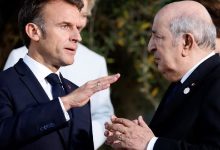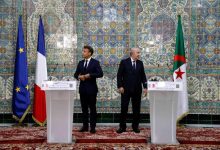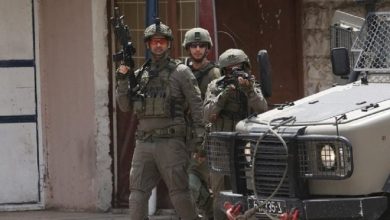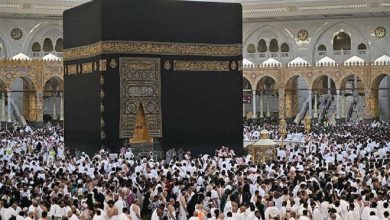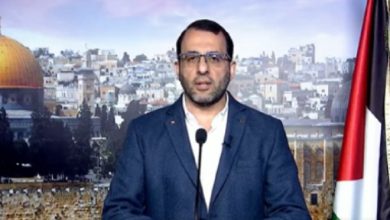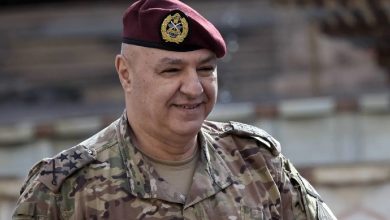French Interior Minister Criticized Over Delayed Response to Islamophobic Mosque Killing
Bruno Retailleau accused of negligence and political hesitation after the brutal killing of Aboubakr Cissé inside a mosque in La Grand-Combe.
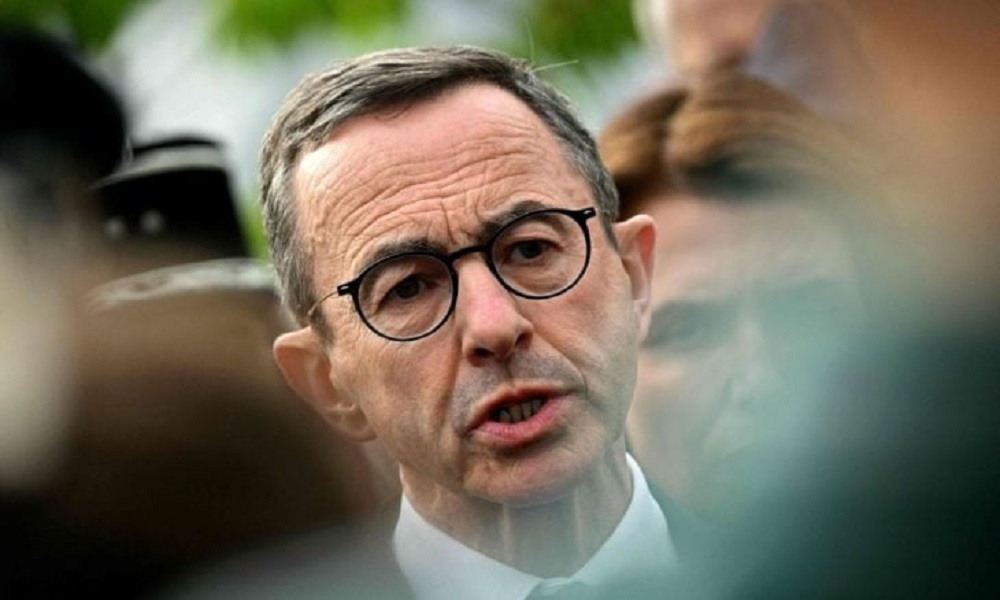
Watan-Under the headline: “The Assassination of Aboubakr Cissé: Bruno Retailleau’s Mistake,” the French outlet Mediapart reported that the French Interior Minister, currently campaigning for leadership of the Republican Party, delayed for two days before traveling to La Grand-Combe, a small town where a young man was brutally killed inside a mosque on Friday. The perpetrator, who remains at large, made explicitly Islamophobic remarks.
Mediapart noted that President Emmanuel Macron eventually issued a statement on Sunday, declaring: “Racism and hatred based on religion will never have a place in France. Freedom of worship is sacred.” Macron had earlier quickly condemned a vehicular attack in Vancouver, Canada. Before him, Prime Minister François Bayrou spoke late Saturday night, calling the mosque killing a “shameful, Islamophobic act” seen in a video. Yet that was the extent of government reaction at the time.
The behavior of the Interior Minister Bruno Retailleau, who is also responsible for religious affairs, was even more revealing, Mediapart said. After hours of hesitation, Retailleau finally appeared on Sunday, visiting the town and declaring the government’s “full solidarity” regarding this “heinous act,” saying: “The possibility of an anti-Muslim hate crime is not ruled out; quite the opposite. Such actions are unacceptable in a society already plagued by extreme violence.”
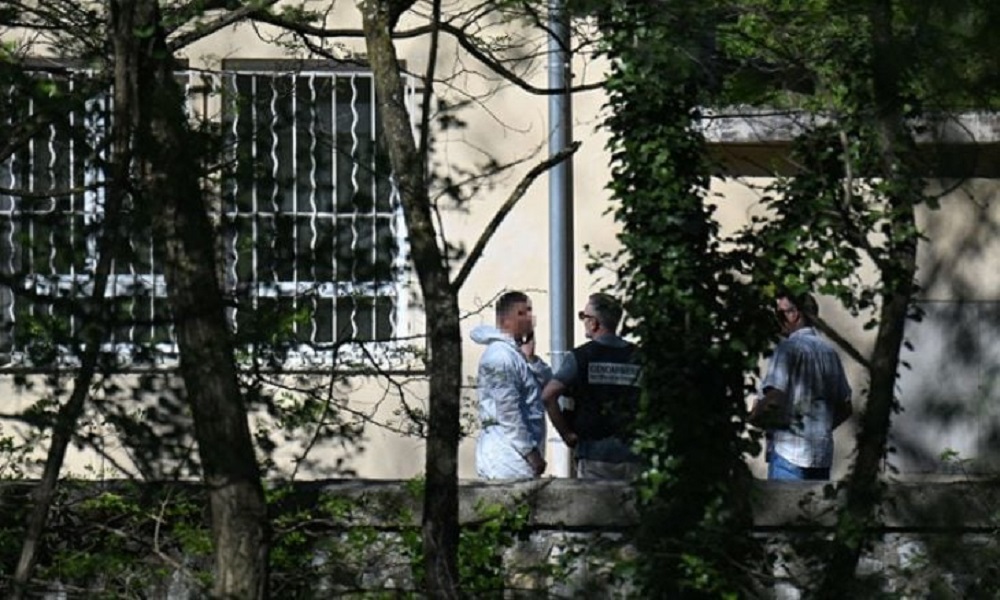
However, Retailleau did not attend the white march held simultaneously in La Grand-Combe, instead holding meetings at the local prefecture. No state representatives joined the march, apart from some local left-wing officials and two MPs from the France Insoumise movement, Mediapart added.
Until then, the minister had only posted a social media message describing the death as “horrific” and expressing “solidarity with the Muslim community,” but did not visit the scene. On Friday, he had attended a campaign rally for the Republican Party leadership in Savoie and on Saturday participated in the funeral of Pope Francis.
Retailleau also did not dispatch the prefect to the site. Abdallah Zekri, Vice-President of the French Council of the Muslim Faith and Imam of a mosque in southern Nîmes, said: “Worshipers were disappointed by the prefect’s absence, expecting support and reassurance.” This disappointment was amplified by fear, as the local prosecutor Abdelkrim Grini warned that the fugitive suspect poses a “serious threat.” On Sunday, the Interior Minister announced enhanced security measures around all mosques in France.
In the scattered remarks the killer filmed after the murder, his “intention to repeat the act” appeared, according to the prosecutor’s statement to AFP on Saturday evening. In the same video, the killer congratulated himself and cursed the victim’s religion.
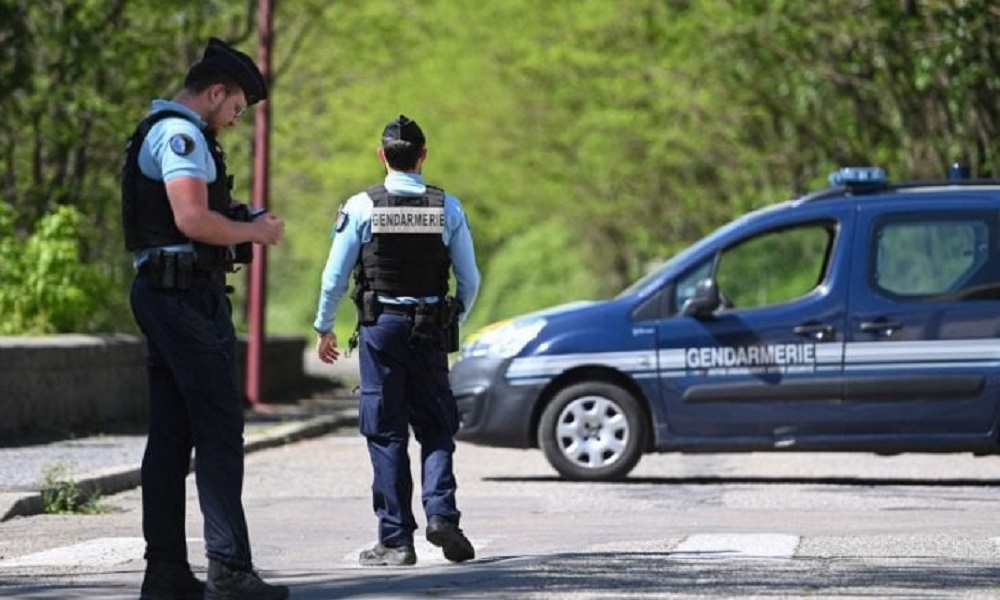
Government Delay
Mediapart emphasized the importance of the timeline: on Friday, the prosecutor falsely described the incident as a fight between mosque worshipers, a version circulated by several media outlets, even though local testimonies contradicted it. Later, material evidence, including CCTV footage and the killer’s own video, disproved that version.
By Saturday morning, Le Parisien revealed that the attacker had made Islamophobic remarks, later confirmed by AFP. The prosecutor then opened a second investigation for premeditated murder involving 40 to 50 stab wounds, characterizing the crime as “racist and Islamophobic.”
Much remains unclear about the suspect, named Olivier, born in Lyon in 2004, a French national of Bosnian descent, with relatives in the area. He was unknown to judicial authorities.
Prosecutor Abdelkrim Grini said on Sunday that “the anti-Muslim motive is the strongest hypothesis but not the only one,” noting that “religious hatred may not necessarily be the sole motive.” The national anti-terrorism prosecutor has not yet taken over the case, as requested by Aboubakr Cissé’s family lawyers.
Rash Political Moves
Mediapart criticized the often reckless political and media rush in such tragedies, noting that ministers frequently make irresponsible comments. Bruno Retailleau, in particular, had previously fabricated claims of a “gang brawl” involving “400 to 600 people” in Poitiers last year. This week, he rushed to Nantes after a teenager killed a classmate, wrongly framing it as a call for “law and order,” despite prosecutors describing the attacker as suicidal and “fascinated by Hitler.”
The outlet found the comparison with the La Grand-Combe murder shocking: why such silence when a worshiper is brutally murdered in a place of worship? Why such caution, despite the evident hate speech captured in video? Mediapart concluded that the government has made Muslims a political target, notably on issues like the hijab and immigration—central themes in the Republican Party leadership race between Laurent Wauquiez and Bruno Retailleau.
On Sunday, the Human Rights League said: “The ministers’ silence about the Islamophobic nature of this killing is a grave mistake, especially given the ongoing rise in racist and anti-Muslim acts.” Dominique Sopo, president of SOS Racisme, said on France Info: “Bruno Retailleau rushed to Nantes to make inaccurate statements about a horrific crime days ago, but remained silent when the La Grand-Combe killing clearly involved hatred against Muslims.”

